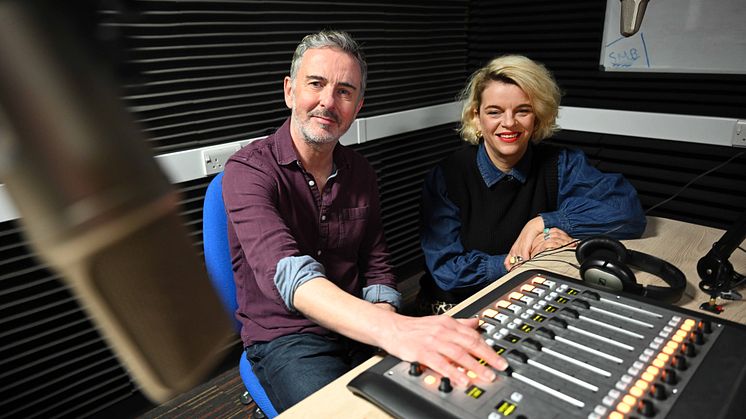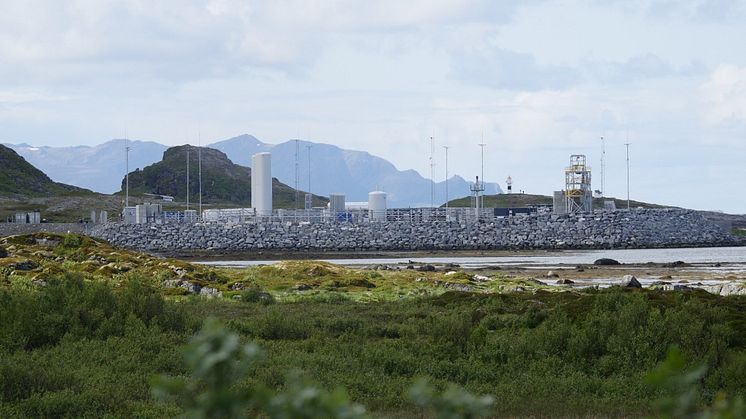Business leaders and universities unite to pave way for a new era of skilled graduate jobs
Leaders from national, international and regional businesses including Greggs, Siemens Energy and Lloyds Group have gathered at Northumbria University to discuss how graduates can be equipped with the skills their businesses need, both now and in the decades ahead.











